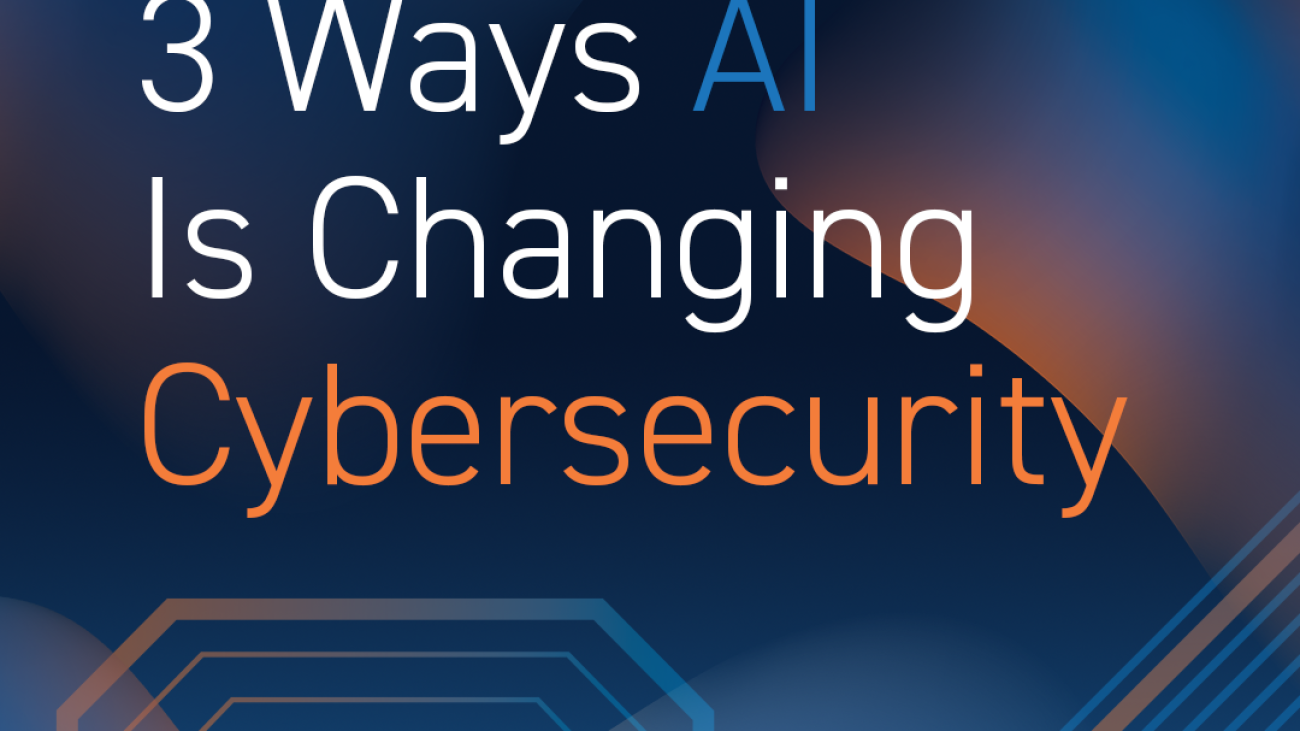AI is here. Are we ready?
From making digital art to creating deepfakes of presidents’ voices to developing recipes, the vast capabilities and potential applications of AI technology have become clearer and clearer in recent years. AI certainly isn’t anything new, but its potential creates several implications affecting every industry. While AI carries the promise of improving our professional and personal lives, it’s just a tool, and like any other tool, it has the potential to cause harm.
One industry where this is especially true is cybersecurity. Hackers are increasingly leveraging AI capabilities to overcome cybersecurity defenses, which should raise alarms for organizations in any industry. With how sophisticated AI technology has become, many defensive capabilities currently in use need to adapt and improve, or even be replaced.
But what exactly are the implications? What about AI makes it so effective against current defensive cybersecurity systems? AI and cybersecurity researchers have developed a variety of capabilities to demonstrate how AI can be deployed offensively.
AI is faster than humans
A lot faster. A comprehensive 2022 study examined a variety of offensive AI capabilities developed in recent years for the purpose of conducting or enhancing cyberattacks.
One such capability was used against CAPTCHAs on fifty of the most popular websites, and was capable of cracking them in under 0.05 seconds.
AI can adapt in real-time
Part of what grants AI its incredible speed is its ability to autonomously learn and adapt in a given environment to overcome its defense systems. AI can use sophisticated obfuscation algorithms that makes it virtually invisible to behavioral and signature-based anti-virus software.
AI’s ability to adapt to its environments allows it to learn how to masquerade itself as a trusted system element to exploit vulnerabilities in a defense system. And the longer an AI exists unnoticed in a system, the more knowledgeable and capable it becomes.
AI is automated
In case examined by the study, an AI was used to deliver malware that stayed inactive and hidden until it reached its destination, where it activated automatically to deliver malware. Another found that AI could automate the process of developing malware, continuously updating itself with new variations to help it overcome defenses.
AI advantages:
Speed.
Adaptability
So what do we do?
AI is already here – are you prepared for how that will affect your organization’s future?
The good news is that AI is also being leveraged for its defensive capabilities. Given that AI is much faster and more powerful than humans in this regard, it makes sense to fight fire with fire. However, it will likely take a significant amount of time before a robust defensive AI solutions becomes accessible to most organizations.
In the mean time, it’s important to understand what solutions that already exist are effective against the sophisticated threat posed by offensive AI, like post-quantum cryptography, which aims to develop cryptographic systems that are secure against both quantum and classical computers.

